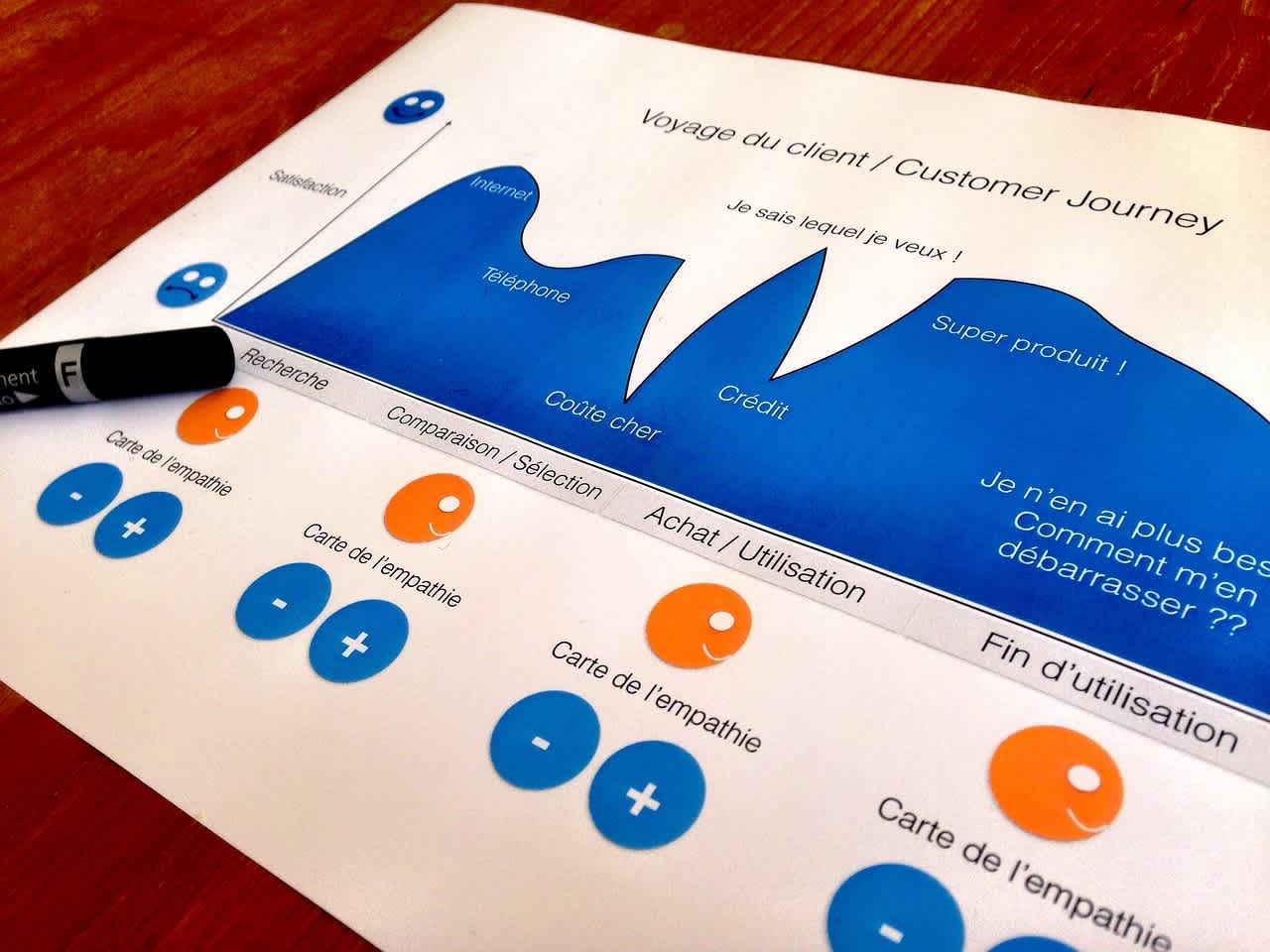Why Every Engagement Strategy Needs Rich Customer Data
ByJulian Gette
Workast publisher

Workast publisher
To succeed in business these days, you must understand what makes customers tick. Imagine knowing what your customers truly like, want, and need. Smart companies use rich customer data to build genuine connections and create offerings that their customers will love. This strong connection fosters loyalty and helps businesses thrive.
Customer data includes a wide range of information, including who your customers are, what they're buying, and every interaction they've had with your business. This data offers a clear picture of their behaviors and preferences. When companies truly know their customers, they start to see clear patterns that guide their approach to connecting with customers.
Giving customers individualized attention always boosts their interest and engagement. Gathering rich customer data allows companies to speak directly to what each person likes, making every message hit home. For example, personalized emails that address specific interests are more likely to engage recipients. This customized approach grabs their attention, builds trust, and keeps them loyal.
Happy customers keep a business going strong for years. Businesses use rich customer data to anticipate what customers want and respond quickly. When businesses understand their customers’ past behaviors, they can provide relevant advice and recommend products that really hit the mark. Happy customers are highly likely to be satisfied and stay loyal to a brand for longer.
Marketing campaigns are more effective when grounded in solid data. Knowing your customers well helps businesses create groups and send targeted messages to each. Directing your ads to specific audiences saves effort and makes your marketing budget work harder. This allows you to craft imaginative and helpful stories that genuinely resonate with your customers.
Customer feedback is invaluable in product development. Analyzing your company's data helps identify unmet needs and whether customers are looking for something new. It also shows businesses how to improve. Understanding the fundamental wants and needs of your customers fuels development, allowing us to produce offerings tailored to their requirements. When customers help create something, they build a much stronger bond with the company.
Effective customer support relies on understanding the customer journey. When the support staff have access to a customer's past interactions and preferences, they can help faster and better. Knowing the right details speeds up response times and impacts how customers see your brand.
Loyalty is built on trust and satisfaction. When companies really dig into their customer data, they can create loyalty programs that people actually care about. These plans allow them to earn benefits, making them choose the company over and over. Once you understand what customers prefer, you can roll out special offers just for them. This truly makes them loyal.
Sales teams benefit greatly from access to detailed customer information. When sales teams grasp client needs and past actions, they can adjust their pitch. A focused effort means more folks will take the desired step. It also cultivates a deeper bond with your customers, moving beyond a single transaction. Your team will simply sell more.
Data-driven decisions are often more accurate and effective. Knowing your customers well truly sets you up to make smarter business moves. Spotting what's popular and how people behave lets companies make smart calls that truly fit what their customers need. Our process fences off trouble and throws wide the doors for real expansion.
In a competitive market, differentiation is critical. Companies with in-depth customer information have a serious edge. They use that knowledge to create personal experiences that resonate with each individual. When businesses truly know their customers better than anyone else, they build plans that keep people coming back and bring in fresh faces. Your ability to keep winning over time truly rests on this specific benefit.
Understanding your customers deeply forms a strong basis for any successful engagement strategy. Customers get experiences tailored just for them, marketing campaigns hit the mark, and fresh, innovative products can be rolled out. When businesses really understand what their customers like and dislike, they start building real connections. That's how a company stays strong and keeps growing for years.
